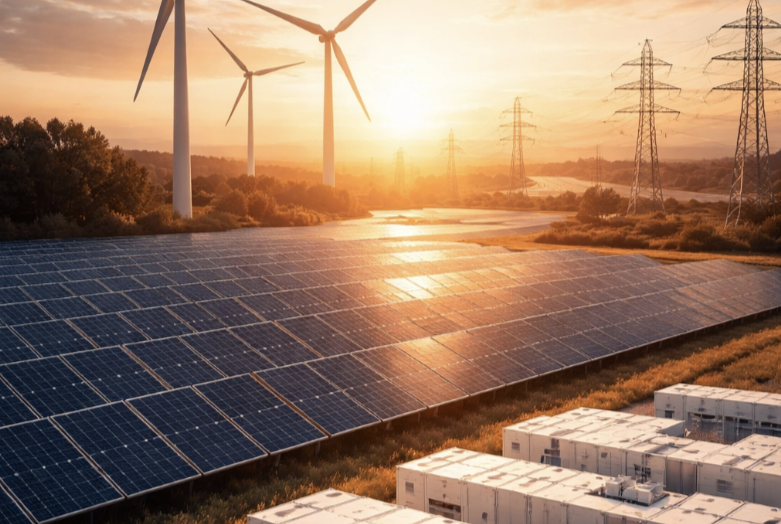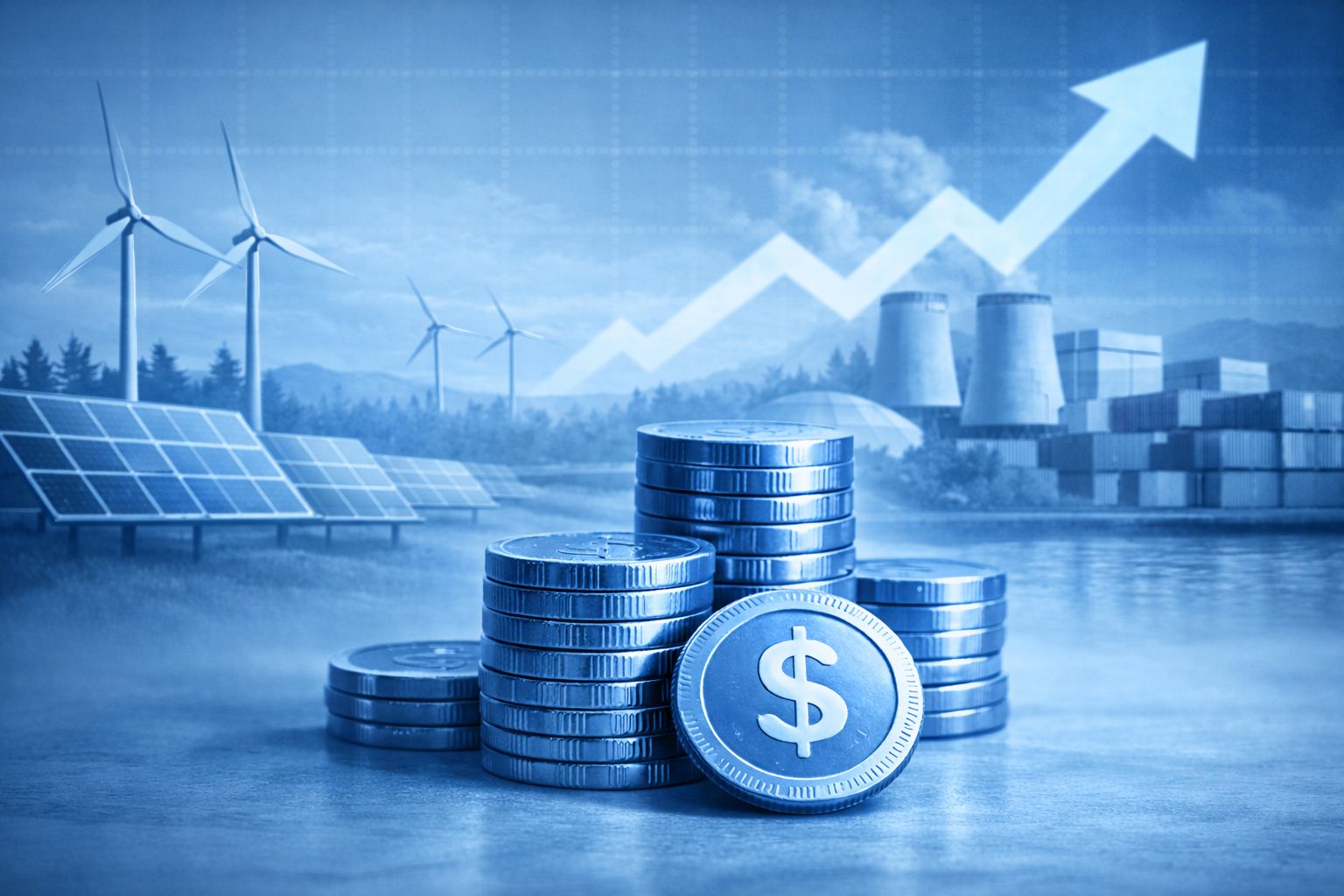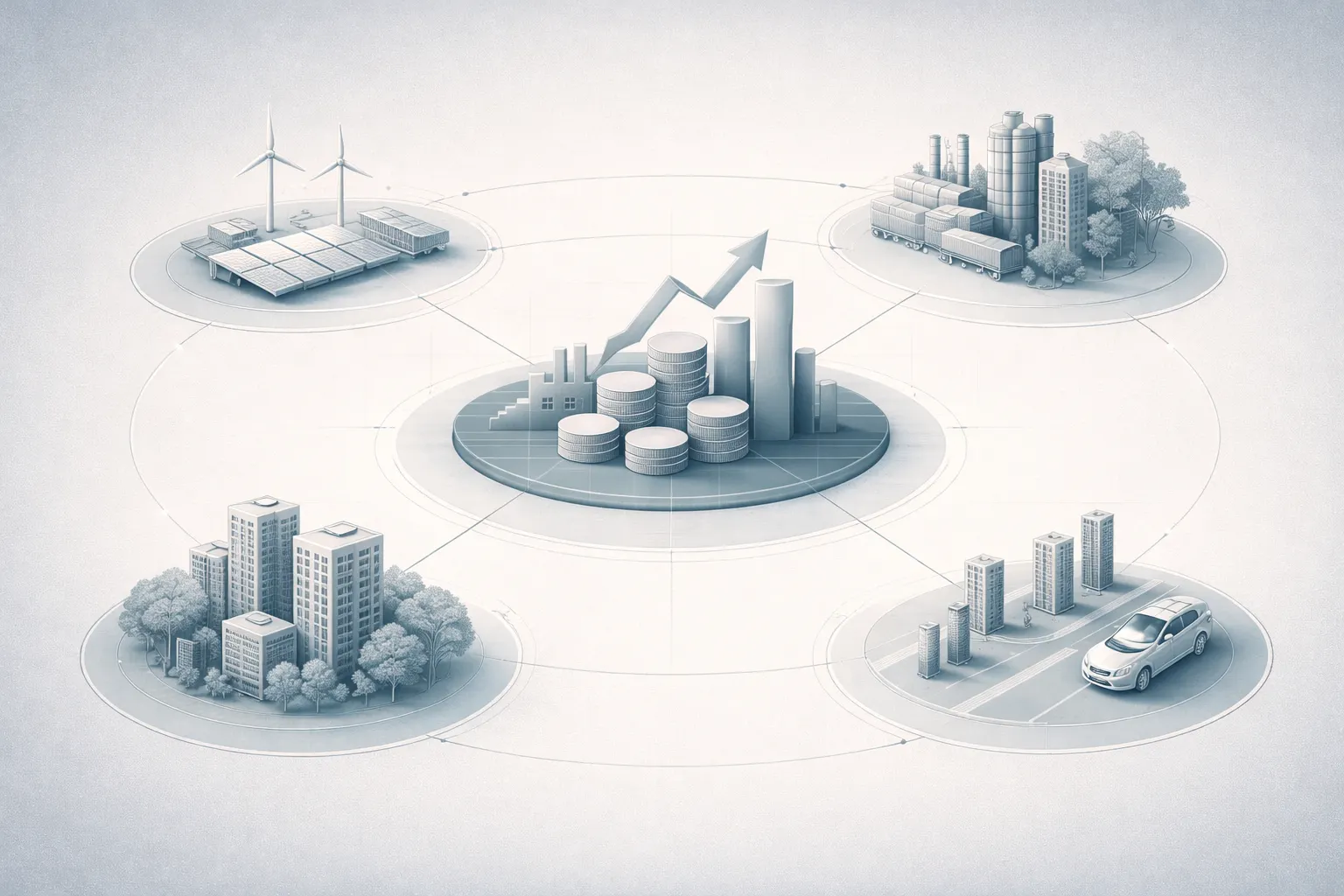
● Consumer and producer prices in China decline first time since 2021.
● Deflation for China means that the real value of debt will increase.
● Year-to-date, China’s exports are down by 5% while imports have dipped by 7.6%
China's consumer prices fell 0.3%year-on-year in July, the first decline since February 2021, compared to market expectations of 0.4%, which was flat in June. Food costs fell 1.7% after rising over the past 15 months due to a plunge in pork prices. Meanwhile, non-food prices were flat after falling 0.6%. There was a rise in clothing (1.0% vs.0.9% in June), housing (flat vs. 0.1%), health (1.2% vs. 1.1%), and education(2.4% vs 1.5%).
Meanwhile, transport prices continued to fall (-4.7% vs -6.5%). China's Bureau of Statistics said the drop in the CPI was temporary and that inflation was likely to pick up gradually as the impact of last year's high levels wears off.
Core consumer prices, which exclude food and energy prices, rose 0.8% year-on-year, the biggest rise since January, following a 0.4% rise in June. On a monthly basis, consumer prices unexpectedly rose 0.2%, beating expectations of a0.1% gain and the first gain in six months.
When did prices start falling in China?
In most of the developed countries, consumer spending saw a boom after pandemic restrictions ended. This caused a huge increase in demand for goods that had limited supply incorporating the rising energy costs after the Ukraine and Russia war which inflated prices.
In China, consumer prices did not soar as the economy emerged from restrictions. Consumer prices were still falling in February 2021 because of the shaky property market. Recently, the market also witnessed the near-collapse of one of the biggest real estate developers “Evergrande”.
The People’s Bank of China has now been facing the opposite problem of the Federal Reserve, which has tightened policy for 18 months in a bid to tame soaring prices.
Why is deflation a problem for China?
Most of the goods sold worldwide are produced in China. The potential positive impact of prolonged deflation in this country could help curb price inflation in other parts of the world, including the UK.
But if cheap Chinese products flood the global market, it could hurt manufacturers in other countries. This could hinder business investment and reduce employment.
A period of falling prices in China could also affect corporate earnings and consumer spending. This could lead to rising unemployment and result in lower demand for energy, commodities, and food in the world's biggest market, which could adversely affect global exports.
Consumers might initially see price deflation as a positive development, as it makes it cheaper to purchase goods and services. However, it could also have serious potential negative effects.
Lower prices could drive down business revenues, leading to lower profits, less investment, and potentially higher unemployment as companies pare back on production in the face of decreased demand.
Deflation may also make it relatively expensive for consumers and businesses to service debt, especially debt borrowed at interest rates that were common before deflation. In times of deflation, the relative purchasing power of every dollar spent on debt service is higher than it was before prices started to fall.
Economists also warn of the possibility of a "deflationary spiral," in which expectations of future price declines influence consumer behaviour.
In the U.S. when inflation started to rise in 2021, economists saw an inflationary spiral in which consumers were worried about rising prices so they started buying in bulk when they expected prices to continue to rise which unintentionally boosted demand and caused inflation.
China's deflationary spiral is counterproductive. If Chinese consumers expect prices to drop further, they may put off big purchases in hopes of better deals in the future. The resulting weakening of demand could increase deflationary pressures. This could lead to lower demand for energy, commodities, and food in the world's largest market, which could adversely affect global exports.











.png)